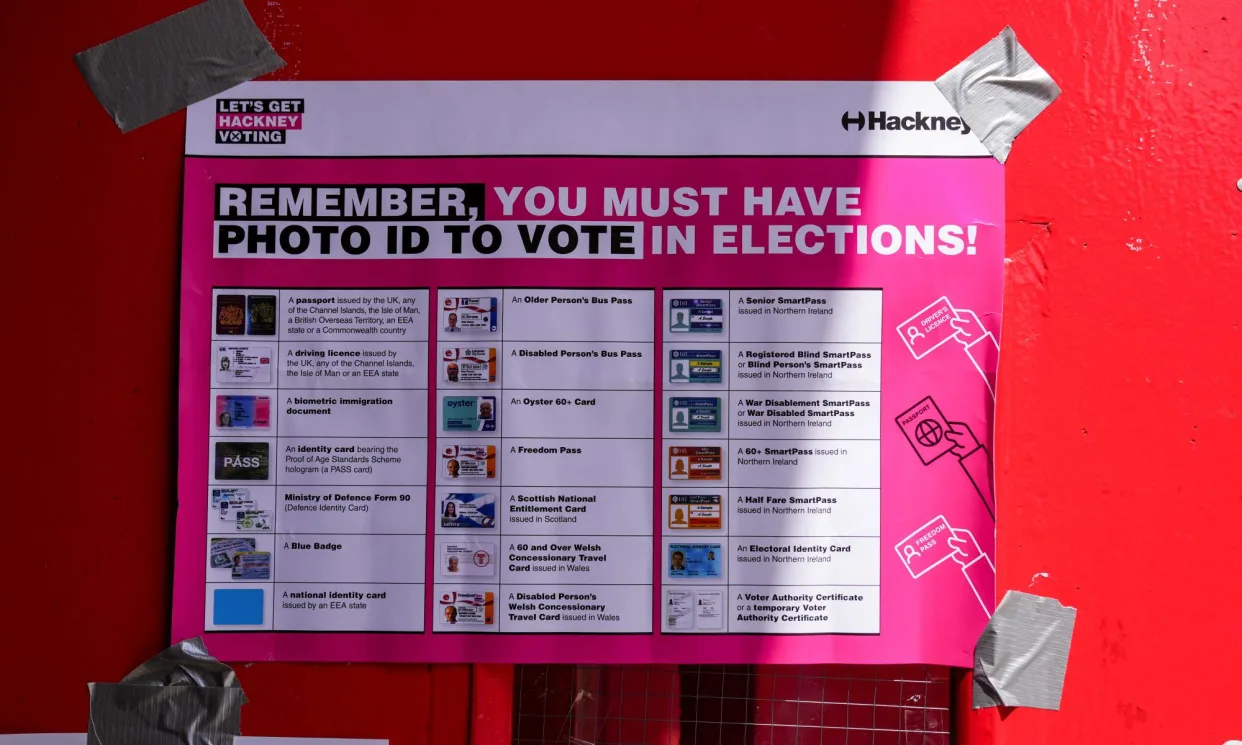The introduction of voter ID requirements in the 2022 general election sparked significant controversy and concerns over disenfranchisement, particularly affecting minority ethnic communities. According to polling conducted by More In Common, over 400,000 individuals were potentially unable to vote due to lacking the necessary identification. This issue disproportionately affected minority ethnic groups, who were more than twice as likely to experience barriers compared to white voters.
Among those surveyed, 3.2% reported being turned away from polling booths, suggesting a potential impact on more than 850,000 people nationwide. Reasons cited for being turned away included ID that did not meet the narrow criteria specified, discrepancies between ID and voter registration details, and challenges related to ID photos not matching the voter’s appearance.
The polling, coordinated by Hope Not Hate, indicated that 6.5% of voters from ethnic minority backgrounds encountered obstacles at polling stations, contrasting sharply with 2.5% of white voters. Critics argue that these ID requirements, implemented under the Conservative government’s 2022 Elections Act, were unnecessary given the minimal evidence of in-person voter fraud.

Poll Finds Voter ID Rule Potentially Prevented 400,000 from Participating in UK Election
Supporters of voter ID laws contend that they are essential to safeguarding electoral integrity, but opponents argue that such laws create unnecessary barriers, particularly affecting marginalized communities such as those with lower incomes or disabilities. Despite provisions for obtaining a free voter authority certificate, uptake was limited, with only about 60,000 certificates issued during the election period.
The impact extended beyond immediate disenfranchisement, influencing decisions not to vote or even register to vote among some individuals who lacked the required ID. Approximately 6% of survey respondents indicated that the ID requirements influenced their decision not to vote, potentially translating to as many as 2.8 million people nationally abstaining from voting due to these barriers.
In response to these findings, advocacy groups and political figures have called for reforms, emphasizing the need for broader acceptance criteria for IDs and questioning the necessity of stringent voter ID laws. Despite ongoing debate and criticism, the Labour Party, which opposed the voter ID policy prior to its implementation, has indicated a cautious approach to potential reforms, focusing primarily on expanding the list of acceptable identification documents rather than outright reversal of the policy.
